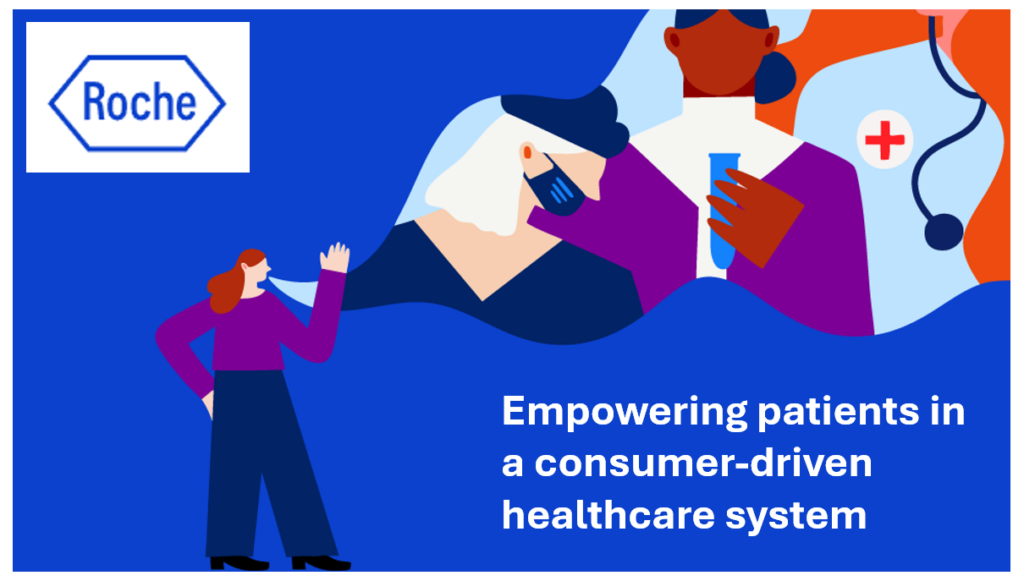 Lifestyle, nutrition, the environment and the health system are four key factors that people globally say have the most impact on their health. Underlying these influences, its friends and family who most shape our health, followed by government and business.
Lifestyle, nutrition, the environment and the health system are four key factors that people globally say have the most impact on their health. Underlying these influences, its friends and family who most shape our health, followed by government and business.
Welcome to the 2011 Edelman Health Barometer, the third year the communications firm has polled health citizens around the world on their views on health, behavior change, and the use of information and digital tools.
Edelman conducted 15,165 interviews 12 countries in North America, Asia and Europe to gather health citizens’ perspectives.
The top-line, globally, is that there is a knowledge-action gap in health: people ‘know’ many of the right things to do to bolster positive health outcomes — the spirit is willing — but, frankly, the flesh is weak. Top unhealthy behaviors include not exercising enough (55% confessing they don’t), smoking (41%), poor nutrition (36%), overeating (34%), not getting enough sleep (33%), and consuming alcohol or drugs (24%).
And while 62% of people have tried to change a negative health behavior such as those listed here, fewer than one-half (46%) were able to sustain that behavior change. Why? The #1 reason is the enjoyment of the behavior, followed by addiction or dependency.
#3: the person did not experience benefits soon enough. That instant gratification drive is strong among all of us.
But health is social, and we benefit from that lifeboat of peer-to-peer health. What is motivating to people is being a “personal health advocate:” 43% said that realizing the long-term health of another person would improve would motivate them to support a friend or family member’s health behavior change. Furthermore, if a friend engages in unhealthy behavior, 31% of people spend less time with that friend due to the behavior.
That connected paradigm works at every level: health engagement with organizations – business and government alike – breeds trust. And trust in health is a precursor for further health engagement, which we learned through the Health Engagement Barometer when it launched in 2008 — the virtuous cycle of health engagement and trust.
Every individual has a unique and influential “healthprint” — that is our health choices impact our bodies and our selves, and also those around us. From family and friends, to our communities, employers and business, and government and NGOs, we are all actors in the whole health ecosystem.
Thus, health is a team sport.
Health Populi’s Hot Points: Today we launch the 2011 Edelman Health Barometer, which was discussed earlier today at the European Health Forum in Bad Hofgastein, Austria. I have had the pleasure of working with the Edelman health team since the first Barometer launched in 2008. Then, our top-line theme was on health engagement and trust, noting that people/patients were engaging with health information, their doctors, and on a peer-to-peer basis with fellow patients. Three years later, we find that people are consulting externally with each other and health experts, and also “self-consulting” in the form of using tools and self-tracking technologies. 20% of people regularly use such tools and apps to track health — consistent with data from Susannah Fox’s Pew Internet & American Life Project published earlier this year.
There are many more findings in the survey, which the Edelman team, a group of health bloggers meeting with us by phone today, and I will reveal in the coming days, weeks and months.
Of prime importance is that health citizens globally define health beyond being disease-free — consistent with the World Health Organization’s definition of whole health — encompassing mental and emotional health, balanced and nutritious diet, active and fit lifestyles, a healthy weight, functioning body, sound financial health, physical appearance, and energy.
Getting activated requires more than information: we need feedback loops, social networks offline and on-, and a new kind of health-love that embraces our bodies, our selves, and each other.
Disclosure: I am a consultant to Edelman’s Health Barometer project.




 I was invited to be a Judge for the upcoming
I was invited to be a Judge for the upcoming  Thank you Team Roche for inviting me to brainstorm patients as health citizens, consumers, payers, and voters
Thank you Team Roche for inviting me to brainstorm patients as health citizens, consumers, payers, and voters  For the past 15 years,
For the past 15 years,